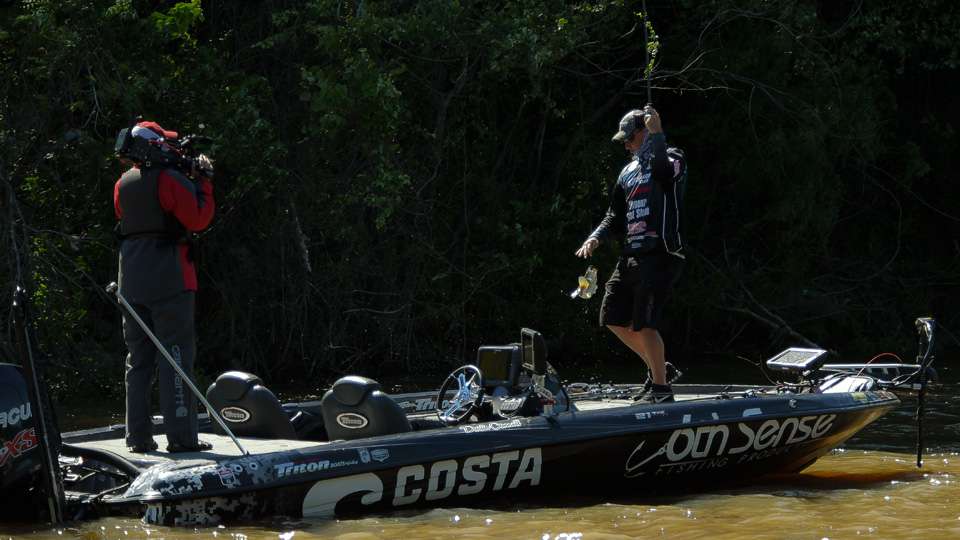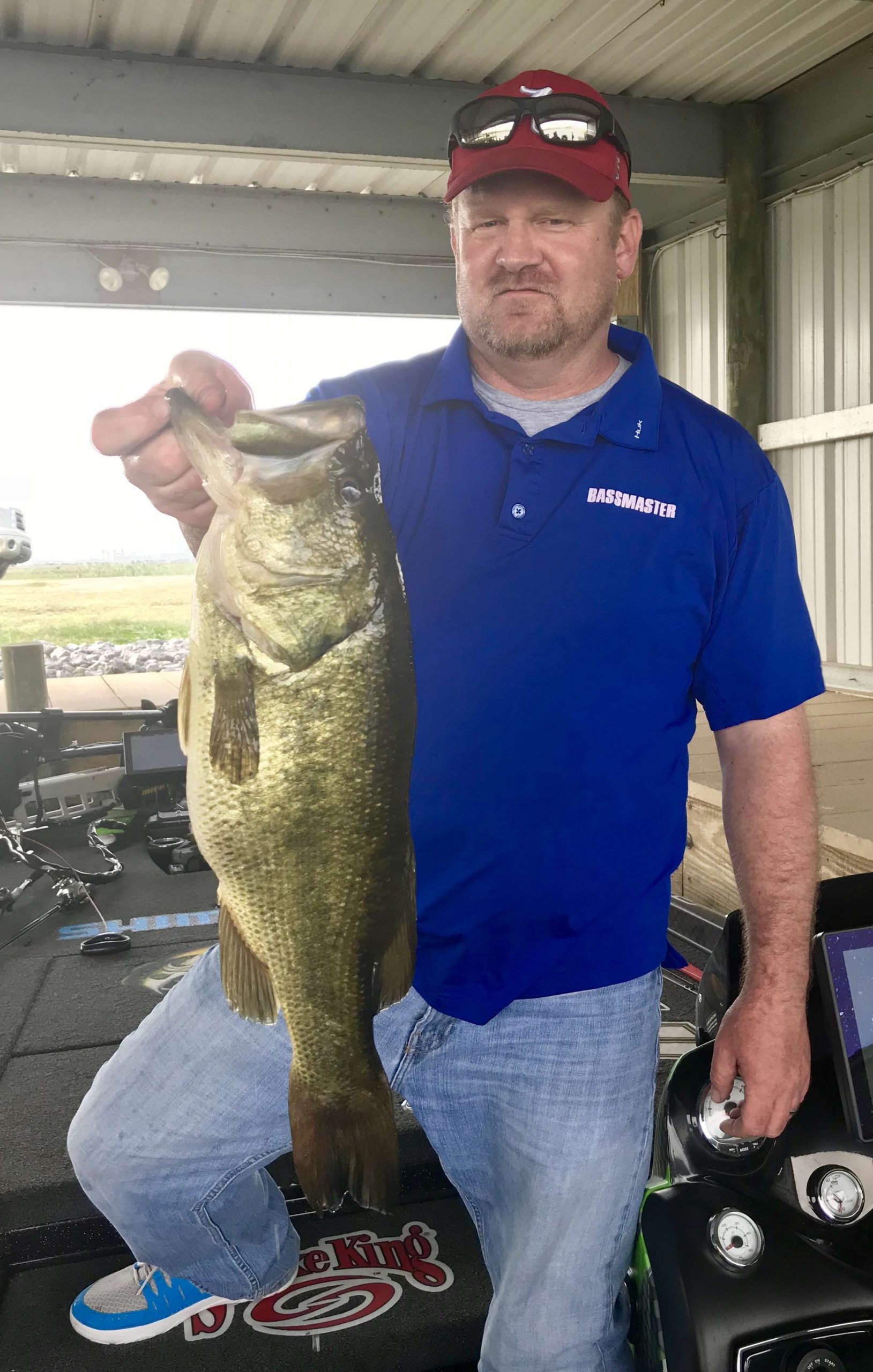
During the spring of 1994, my cousin, Brian Brown, and I fished the Mark’s Outdoors Lay Lake Open.
It was an annual tournament so routinely plagued by bad weather that it became known as the “Tornado Open.” But despite the specter of high winds, heavy rains, lightning and muddy water, the event never seemed to miss drawing 500-plus boats.
That one year, the bad weather actually moved through the area just before the tournament. A torrential downpour had the Coosa River churning to the point that we saw a dead cow float past the launch before takeoff with its rigored legs rolling over and over. The freakish site barely stood out amongst all of the logs and debris that were also floating in the area.
Ducks were trying to swim that morning after takeoff, but the water was so chocolatey that they were leaving behind muddy footprints — and in between those footprints, you’d find 12 to 15 boats stacked on top of one another.
Somehow, we had managed to weed out four skinny keepers in a seven-fish tournament by about noon. But once that hint of a pattern died, the frustration got the better of us and we decided to go to an area where we could at least fish in peace.
We ran to the back of one of the major creeks on Lay Lake, and the current was so strong that it was like fishing the main body of a major river.
But on my third cast with the biggest, hardest-thumping spinnerbait I could find, I caught a largemouth that weighed 6 pounds, 9 ounces. Three casts later, I caught one that weighed 5-3.
After an incredibly frustrating day of fishing, we brought six bass to the scales that weighed just over 17 1/2 pounds, and managed a respectable 25th-place finish in that overcrowded field.
We left feeling pretty good. But I’ve spent a lot of days since then wondering what might have happened — if we had only known what we didn’t know.
We had found the fish, we just didn’t know what to do with them. The spinnerbaits had picked off the aggressive bass on the outer edges of the cover that could be reached without much skill. But I’ve often wondered what might have been buried up in that flooded cover along the shoreline, lazily waiting for a jig or a creature bait.
I had to wonder again early last month when Alabama pro Dustin Connell — a guy who cut his teeth on that same Coosa River — exploited the nasty conditions on Ross Barnett Reservoir to earn his first Elite Series victory.
As he was pulling his tournament-clinching fish from a thick clump of shoreline vegetation on a punch rig in muddy, flowing water, I had to wonder — again — if we might have been sitting on a 35-pound bag that day at Lay.
Everybody has a tournament story like that. If you say you don’t, you’re just not being honest. Worse still, you’re denying yourself an opportunity for growth as an angler.
The next time you fish a tournament and get a lot of short strikes on a fast-moving topwater bait, will you go home satisfied with the hints of action you experienced? Or, will you go back a week later armed with the knowledge that a slower surface presentation might actually have put those fish in your livewell?
What happens this summer if you spend all day during an August pot tournament fishing ledges in 22 feet of water, only to lose to someone who picked off a few big fish early from the shallow grass? Where will you be after takeoff next week?
I’ve had every one of the problems mentioned above — and though the solutions seem elementary now at age 44, I can remember a time when that wasn’t the case.
Ten years from now, at age 54, I wonder what else will seem obvious that is completely eluding me today?
The idea that you’ll never know everything there is to know about bass fishing is one of the most frustrating aspects of the sport.
It’s also one of the most exciting.

